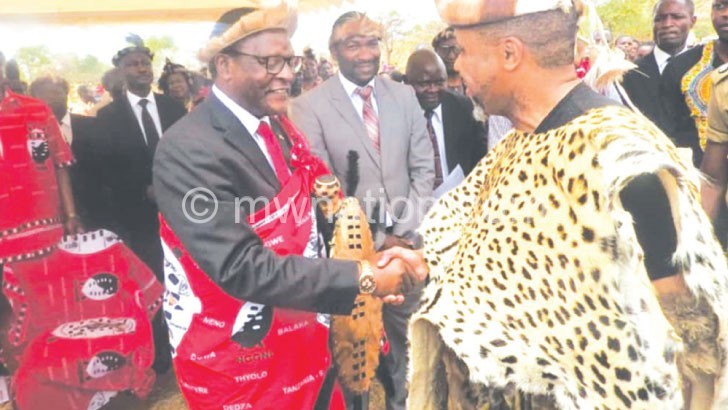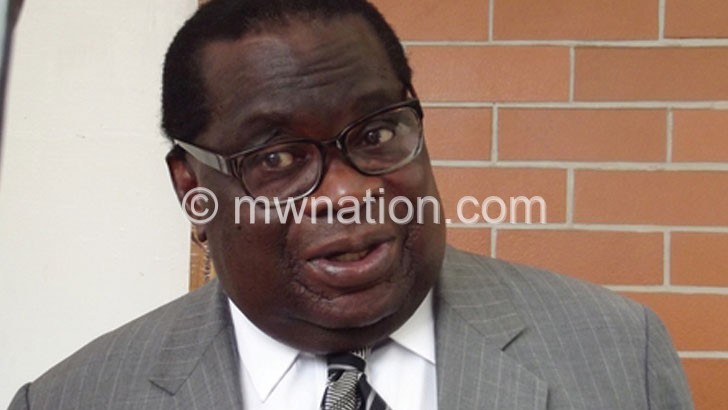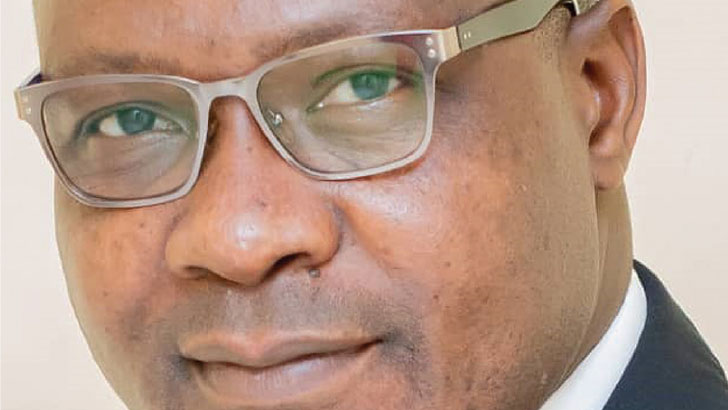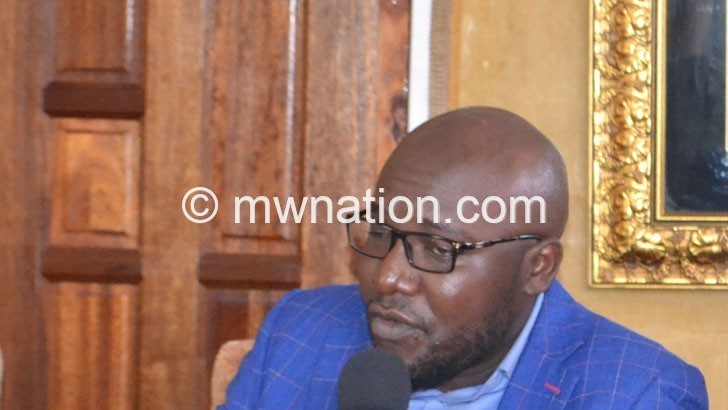No linear formula For political alliance
With barely six months to the May 21 2019 Tripartite Elections, the elections mood is getting hotter.
Almost all political parties are now back in the laboratory experimenting with formulas that may pull a surprise come May.
However, quite provoking has been the news—which all parties concerned are now dismissing—that three major political parties; Malawi Congress Party (MCP), UTM and People’s Party (PP), are holding talks for a possible alliance ahead of the 2019 polls, although the key players are down playing such talks.

Quite interesting, however, is that in this possible alliance, three major political parties seem to be demonstrating lack of confidence in themselves ahead of the polls. Except for UTM, a new kid on the block, MCP and PP have contested elections before.
In 2014, MCP and PP were among the giants closer to becoming a next government.
In fact, PP was in government for two years. This leaves one wondering why the two political parties are pondering a possible alliance now. Is it a statement that they cannot win independently or is a sign of having a common goal?
There is barely a concrete answer to this, but if sentiments by MCP publicity secretary Maurice Munthali are anything to go by, the party is “for nation-building and not individualistic attitudes.”
Thus, it would be spot-on to conclude that teaming up is designed to strengthen the opposition to unseat the governing DPP.
Nonetheless, our memories are fresh of how alliances have come and gone with each passing election since 1994. So far, no alliance has ever tested victory in an election in Malawi.
In 1999, there was an MCP-Afford union, in 2004 and 2009, the ballot had Mgwirizano coalition and MCP-UDF alliances respectively. The 2014 elections were deprived of coalitions.
The 2018 Institute of Public Opinion (Ipor) ranks MCP above UTM and PP, but the varying popularity of each by region unveils the importance of each party in the coming elections.
Based on this survey and the history of alliances in Malawi, the decision to go into an alliance ahead of the 2019 may not require a single thought.
A winning alliance
Chancellor College political analyst Joseph Chunga bases his opinions largely on the recent Ipor survey and the 2017 Afrobarometer surveys.
In the Afrobarometer survey, 27 percent of Malawians said they would have voted for DPP if elections were held then compared to 32 percent who preferred MCP, 11 percent for UDF and seven percent for PP.
However, the landscape has changed with the entry of UTM in the race.
“While an electoral coalition doesn’t necessarily mean simple addition and subtraction, these survey results offer us some insights for simulating something that’s evidence-based,” says Chunga.
He says a few important observations should be considered from the survey findings. First, the voting support for DPP has remained the same while MCP and UDF have slumped over the period. MCP has maintained its popularity in rural areas, especially in the Central Region but declined in cities. Furthermore, the DPP still dominates the Southern Region with 43 percent while MCP still controls the Centre at 45 percent and the Northern Region is highly contested with UTM now leading with 27 percent.
“Note that there are about 22 percent of respondents who either declined to reveal their choice or were undecided. Learning from Afrobarometer 2014 results and actual elections results, the 15 percent that were undecided were roughly distributed proportionally to leading parties [MCP and DPP]. This picture has implications on what possible coalitions stand a realistic chance of winning,” argue Chunga.
He adds that he does not see the DPP support base changing.
Chunga tips any party that intends to unseat DPP to target no less than 35 percent of votes.
“My take is that this is impossible for PP and UTM. MCP also needs to work for more than 10 percentage points,” he notes.
Chunga is, however, optimistic that a grand coalition MCP-PP-UTM would most certainly seal the deal of unseating DPP because it can pull more than 50 percent votes. He also believes MCP-UTM partnership is another strong option, but says this can influence DPP-UDF-PP pact, which would be equally strong and hard to beat.
A third option, says Chunga, would be MCP-PP alliance because it is unlikely that DPP and UTM can form an alliance.
On the other hand, Chunga challenges that contesting independently; DPP and UTM would find it difficult to match MCP-PP collaboration.
“A fourth scenario is UTM-PP card. This will not necessarily guarantee them a win, but open the contest into a highly contested three-horse race with DPP and MCP equally holding a chance to win,” observes Chunga.
“In all this, nothing less than a coalition will unseat the DPP-led regime if UDF formalises its relations with DPP.”
A viable alliance formula
Michael Jana, a political analyst and lecturer at Wits University in South Africa, points out that there are three factors that can begin to put together a formula for a successful alliance.
First, he says is a consideration of the level of current party popularity. Second is regional voting patterns and third is a consideration of the capacity of a party or an alliance to maintain and increase the support base towards elections day.
“Ideally, a successful alliance formula is, therefore, the one that includes popular parties, that captures significant votes in at least two regions and reasonable in-roads in the third region. It should also be able to maintain and better still increase the support base as we approach the elections day,” says Jana.
He says studies show that MCP has a strong base in the Centre and thus, the inclusion of UTM would ensure strong support in the swinging North and ride the UTM momentum which has the potential to maintain and even increase support base as elections approach.
Jana says previous alliances failed to achieve the third factor because alliances mean compromises and some voters cannot take compromises,” he says.
Jana argues that these compromises often work to the advantage of the ruling party because there is certainty regarding who will stand as a president.
Thus, the decision to go into any possible alliance requires more than a linear equation. Further, will MCP president Lazarus Chakwera, the country’s Vice-President Saulos Chilima and Joyce Bandaof PP accept to be a running mates? n





